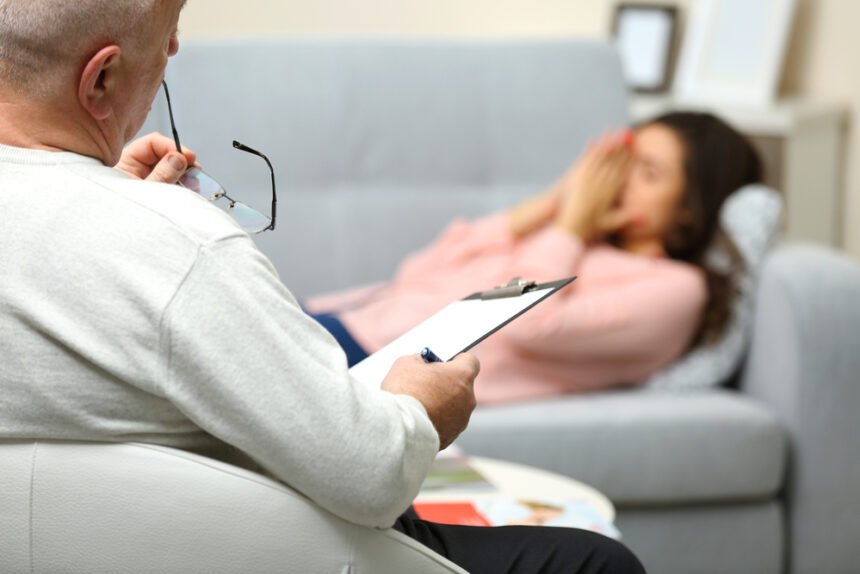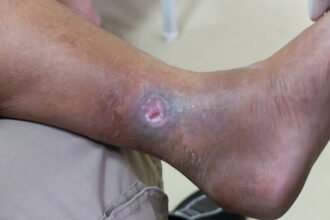The issue of adolescent mental health problems is a worrying one; although teenagers are stereotypically moody and distant, the number of young people being diagnosed with depression, or related mental health problems is alarming. According to a study published in Translational Psychiatry at the beginning of the summer, 37% of the country?s teenaged girls have experienced depression or a recent, major depressive episode, while 13.6% of boys are suffering ? and that?s just one study. Anyone caring to read current research into the issue of teenage mental health problems will notice a pattern emerging; children and teenagers across America are more anxious, and depressed, than they?ve ever been, while our basic understanding and treatment of such disorders seems woefully lacking. It?s clear that our country?s adolescents are suffering. So, what can we do to recognize and address the issue, and help our teenagers back on to their feet?
Common issues for teenagers
The first step towards a diagnosis, and the treatment of a disorder is understanding; what pressures are contemporary teenagers facing that could have caused this sudden spike in major depressive episodes? It has become clear that social media, an increasing reliance on mobile devices, and the influence of the media has a lot to answer for, as teenagers begin to feel the pressure of fitting in and doing well. Obsessive cell phone use among teenagers has let to a rise in episodes of cyberbullying, while access to the news means that children are now exposed to discontent, such as community violence, much earlier. Of course, teenagers are still exposed to educational and familial pressures that have always existed. Children from poverty-stricken and broken families are far more likely to experience issues with their mental health and wellbeing. Only now, we are more painfully aware of the effects of such hardships.
Tackling teenaged mental health disorders
Study after study has found that early, effective treatment can help to reduce the impact of severe anxiety, depression, and stress upon a teenager?s adult life. However, it would appear that continued, countrywide funding issues are leading to a shortage of vital resources. As World Suicide Prevention Day (September 10th) approaches, it has never been more important for healthcare providers to ensure they?re doing all they can to assist the nation?s adolescents.
Increasing understanding
If we?re to successfully tackle the growing concern of teenage mental health issues then it?s vital we banish the stigma attached to its diagnoses and treatment; social media is becoming integral to the fight against mental health shame, with celebrities and public figures encouraging young people to open up about the issues they may have experienced. However, those on the frontline of treatment such as parents, school counselors, and healthcare providers must arm themselves with information regarding the symptoms, causes, and treatments of mental health disorders if they?re to offer a nurturing environment for our adolescents. While there are some fantastic location-based facilities and programs designed to do just that, there are an increasing number of online resources available for education. These include documents from the Centers for Disease Control and Prevention, and the National Institute of Mental Health, as well as those published by the Suicide Prevention Resource Center.
Dedicated treatment centers
It?s necessary for healthcare providers to recognize when their help is no longer enough; try as we might, we cannot offer everything that many adolescents need in the fight against mental health disorders. It?s at this point that the work of dedicated treatment centers, such as Newport Academy, becomes vital to the recovery of the many children and young people struggling on a daily basis with depression, anxiety, and feelings of hopelessness. These centers are equipped with the resources, staff members, and nurture that many teenagers will need, and can often take over once a family practitioner has identified a need for intervention. Not all teenagers will require the residential care offered by these kinds of centers, but all could benefit from the educational stance and familial approach that sits at the very heart of all that they do.
Improved resources
There some increasingly effective resources available for the healthcare sector when it comes to diagnosing, addressing, and treating childhood mental health issues. Thanks to the Affordable Care Act, itself an extension of the 2008 Mental Health Parity and Addiction Equity Act, coverage for the identification and treatment of behavioral health conditions has vastly improved. What?s more, the benefits of technology are being widely felt, as increasing connectivity enables healthcare providers and specialists to offer collaborative treatment when and where it?s needed most. The prevalence of engaging applications, online resource centers, and social communities means that more and more teenagers are being encouraged to take charge of their mental wellbeing; rather than facing a barrage of doctors appointments and examinations, adolescents can now access the help they need remotely. The delivery of mental health care is changing before our eyes, and should be embraced. Above all, it?s essential that healthcare providers recognize that mental wellbeing is as important as physical health, particularly when it comes to interactions with this vulnerable age group. According to the Department of Health and Human Services more than three million 12-17-year-olds reported at least one major depressive episode in the period between 2015 and 2016, while suicide rates are also on the increase. It?s certainly true that increasing openness has led to more realistic figures when it comes to mental health diagnoses. However, the continued understanding and treatment of teenage mental health issues is a concern of us all, now more than ever.






_9_1-250x220.jpg)
